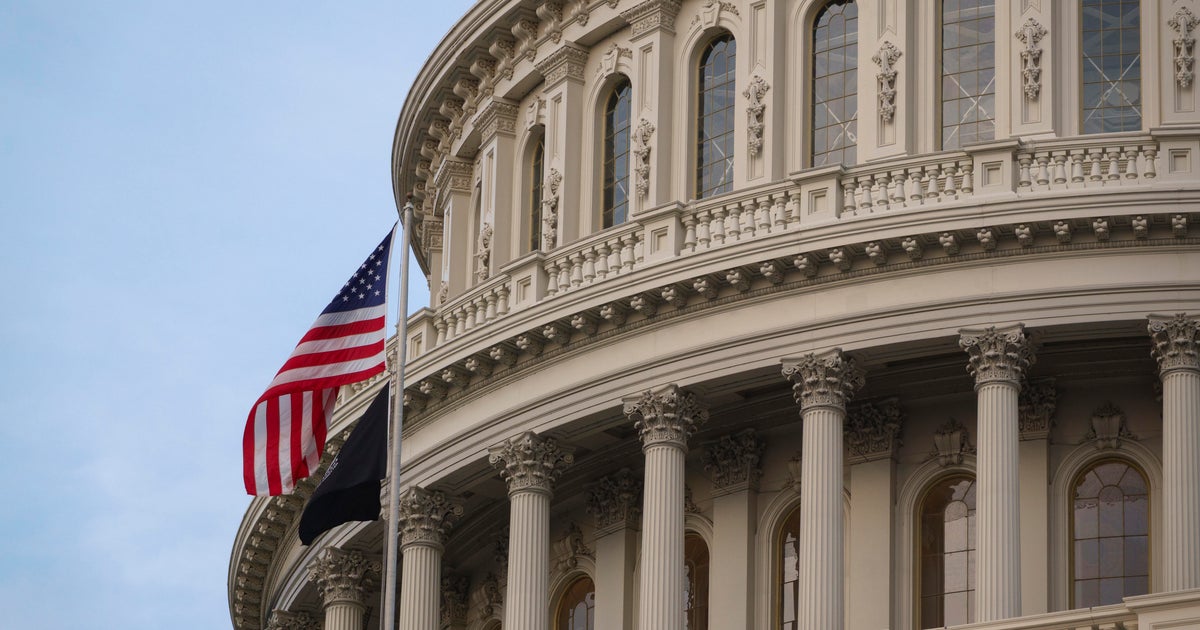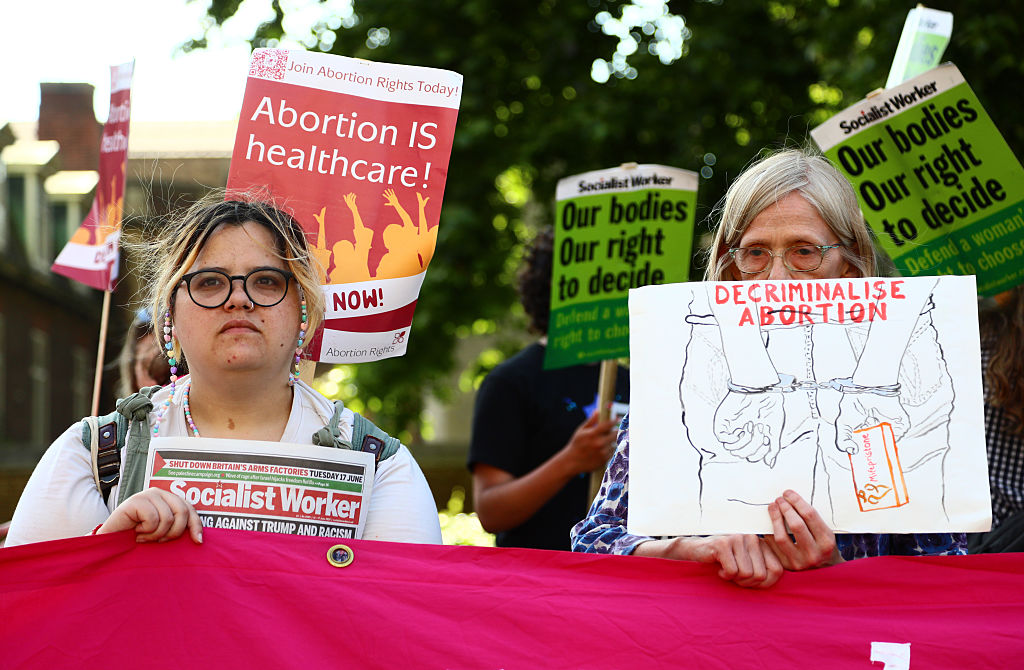GOP Rep. Michael McCaul says he thinks the NDAA will ultimately be a "bipartisan bill" despite abortion amendment
Washington — Republican Rep. Michael McCaul is optimistic the final version of the annual defense policy bill will pass with bipartisan support, even if it includes a controversial amendment on abortion that cost the bill Democratic support when it was approved in the House last week.
"Traditionally, the more partisan amendments get stripped out," McCaul told "Face the Nation" on Sunday, referring to the eventual House-Senate conference committee that would negotiate a compromise bill. "At the end of the day, this always ends up as a bipartisan bill."
The National Defense Authorization Act, which authorizes funding and sets the policy for the Defense Department, has passed every year since 1961 with wide bipartisan support. But the House passed the bill Friday in a near-party-line vote, with four Republicans voting against the bill and four Democrats voting for it.
Even if other controversial amendments are stripped from the final bill, McCaul said he expects the amendment that bans the Pentagon from covering travel expenses for service members seeking abortions out of state is "one that will survive."
"It will be a bipartisan bill," he reiterated. "I think there's nothing more important than our national defense and our military."
Other conservative policy amendments that passed included the denial of healthcare coverage for sex reassignment surgeries and hormone treatments for transgender service members, and the elimination of the Pentagon's offices of diversity, equity and inclusion, and their personnel.
Such provisions are dead-on-arrival in the Democratic-controlled Senate, which is expected to start debate on the package this week.
The House rejected by wide margins proposals involving the U.S. assistance to Ukraine, including one from Republican Rep. Marjorie Tayler Greene to stop the U.S. from giving cluster munitions to Ukraine and another from Republican Rep. Matt Gaetz to prohibit security assistance to the country during its war with Russia.
"It's very dangerous to have these amendments when Ukraine is in the crossfire trying to push the aggression of Russia back in the counteroffensive," McCaul said. "It failed, and I think that's good news."




